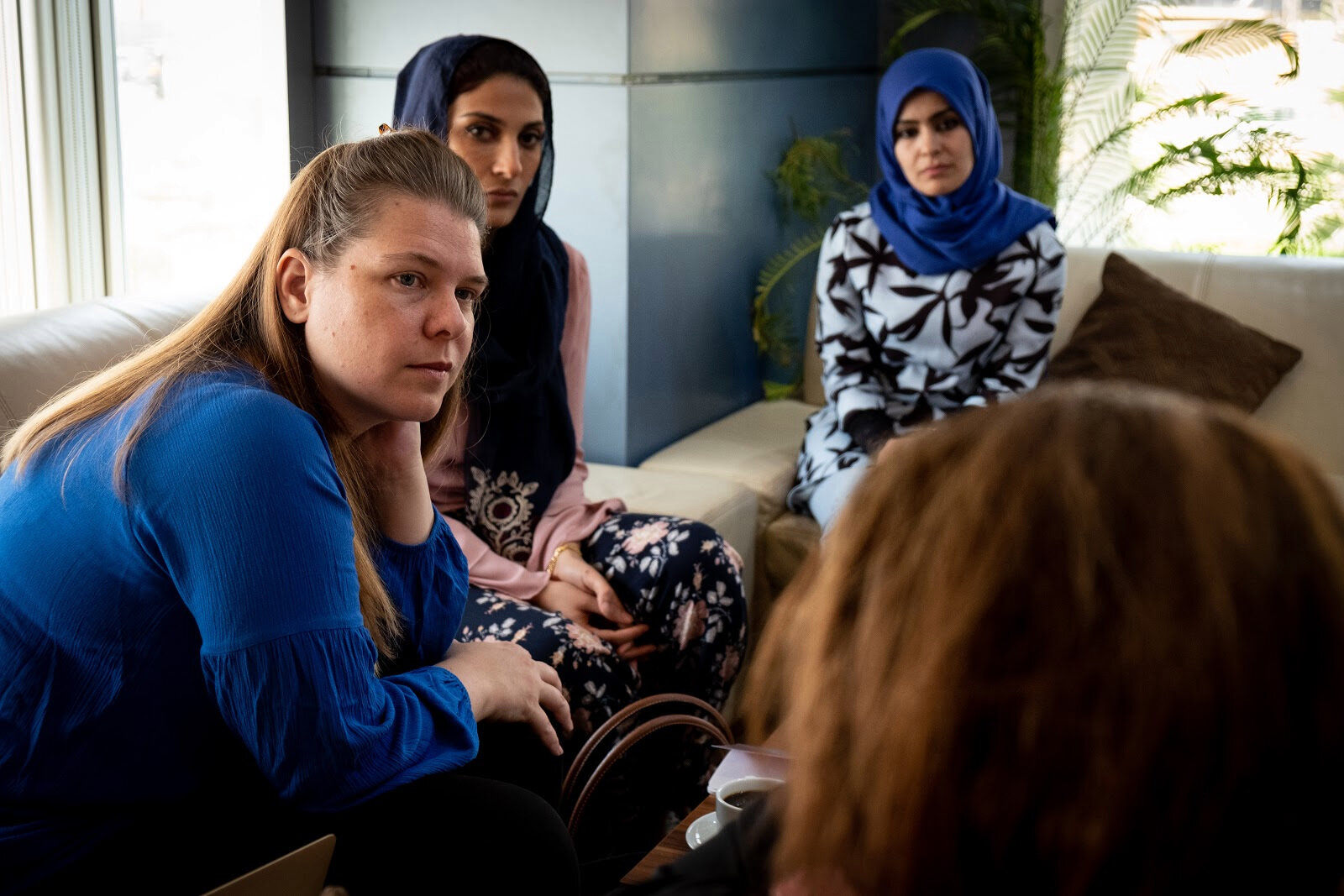
What Blue Collar America Can Teach Us About Leadership
In rural and “Rust Belt” America, “doing” jobs in industries like farming, warehouse work, and manufacturing can greatly outnumber “thinking” jobs.


4 Ways to Test 'Cultural Fit' During the Hiring Process
As workplace structures evolve, finding candidates who are the right “cultural fit” is now a top priority of recruiters.

Definition of Cultural Relativism in Sociology
It is one of the most fundamental concepts in sociology, as it recognizes and affirms the connections between the greater social structure and trends and the everyday lives of individual people.

Nine Cultural Value Differences You Need To Know
Cultures have visible and hidden elements. Visible cultural features include artifacts, symbols, and practices; art and architecture; language, colour, and dress; and social etiquette and traditions.

Cultural fit: A cop-out for discrimination?
Despite becoming a hallmark of modern recruitment, cultural fit is not without its critics. Is it providing a discrimination cop-out? Is it fundamentally flawed?

10 Ways Workplace Culture Differs Around the World
Learning how your international counterparts operate, embracing the customs of foreign workplaces and having the chance to build relationships with international peers can yield lasting rewards.

Empathy Shouldn’t Be Optional in Your Workplace Culture
Coinbase and Basecamp made waves when they banned political discussions at work. This CEO offers a different path forward in these divided times.

Ways to Promote Cultural Diversity
The benefits of cultural diversity in the workplace can be huge – not only do we benefit from different ways of thinking when trying to solve tricky business issues, but regular interaction with people from other cultures can open our eyes to exciting traditions that are different from our own, which can enrich our lives.

Why Is Cultural Diversity Important?
What language do you speak? What is your religion? What holidays do you celebrate? What is your racial identification? What is your ethnic identity? What is your culture? Why is cultural diversity so important?

Managing Cultural Differences in the Workplace
From our increasingly diverse domestic workforce to the globalization of business, cultural competence is arguably the most important skill for diversity in the workplace training.

Dr. Christopher Boerner of Bristol Myers Squibb: Five Things Business Leaders Can Do To Create A Fantastic Work Culture
Create opportunities for the workforce to unify and come together.

Is Your Workplace Culture Missing the X Factor?
To know, take a hard look at these nine key areas.

HR Execs Say Supporting Families Is About Culture — Not Just Benefits
When employers prioritize workers' needs, it helps take care of customers in the long run, The Home Depot's Debbie McKinley said during a recent panel.

4 Examples of Cultural Differences for Managers
Having a diverse workplace has many benefits but can also come with challenges for managers as they navigate ways to help people from different backgrounds and experiences find common ground in the workplace.

What Is Cultural Competence? And Why Is It Important?
It’s often difficult to connect with people when we don’t understand their background.

Four Steps To Create A Truly Inclusive Culture
Executives are prioritizing the need for diverse teams and leadership, which has translated into a surge in demand for “Diversity and Inclusion Lead” roles.

Toxic Leaders Are Poisoning Your Company Culture
Long-term value and cultural transformation are hobbled when so much negativity is flowing from your lieutenants. Here’s how to fix it.

5 Benefits of Understanding Different Cultures
Why do we need to understand and respect other cultures? What is the importance of cultural diversity? Where can you meet people from different cultural backgrounds?

How to Survive Workplace Culture Shock
How to survive workplace culture shock? With a little common sense and a lot of emotional intelligence.

